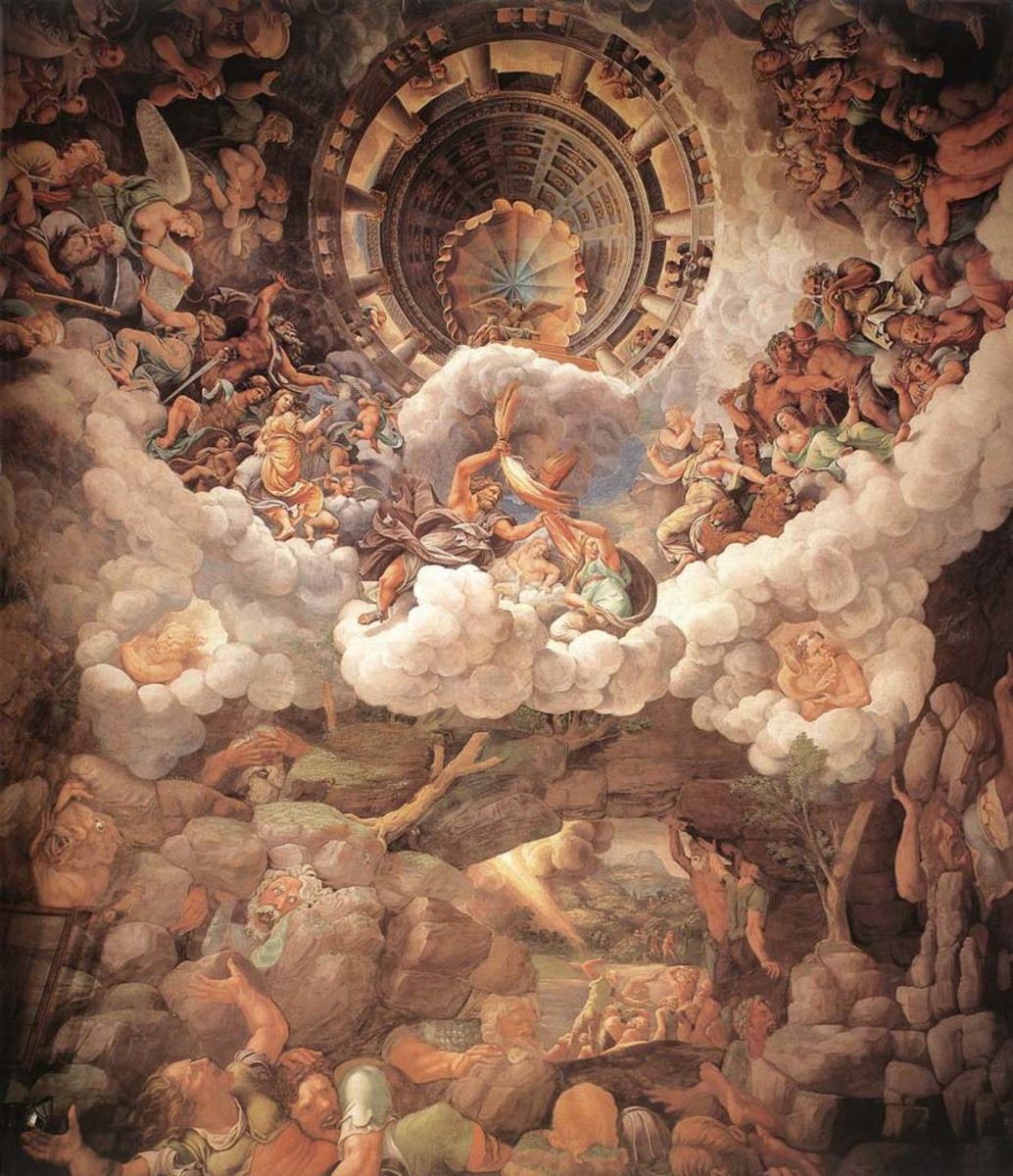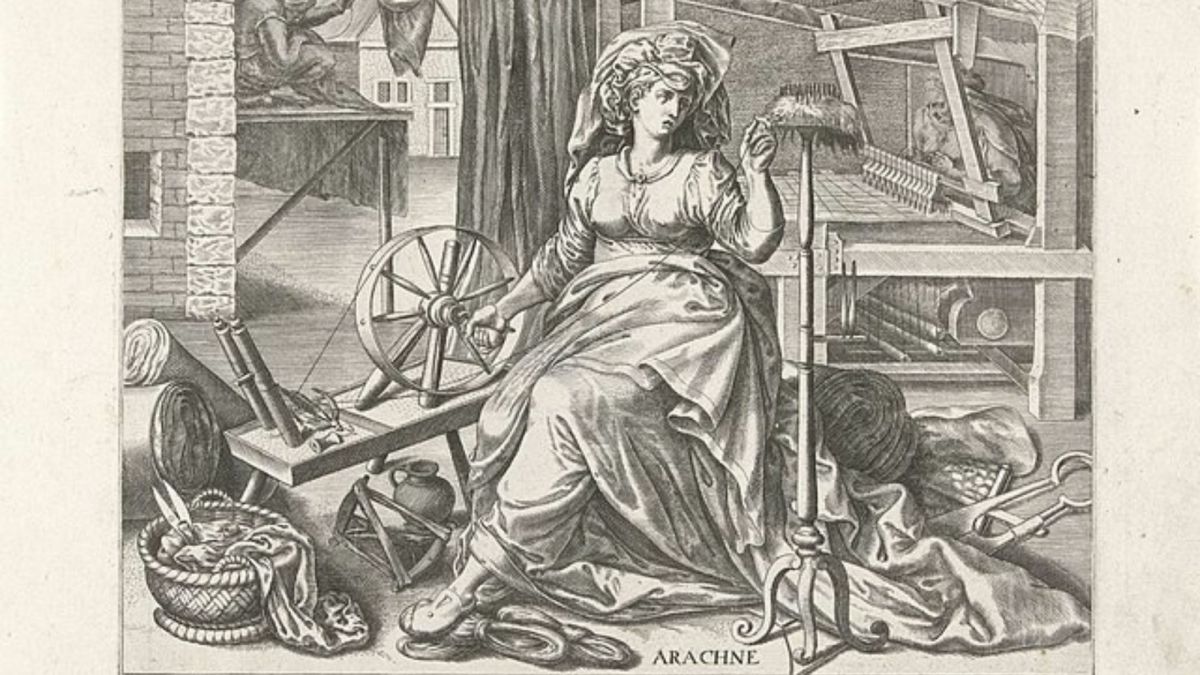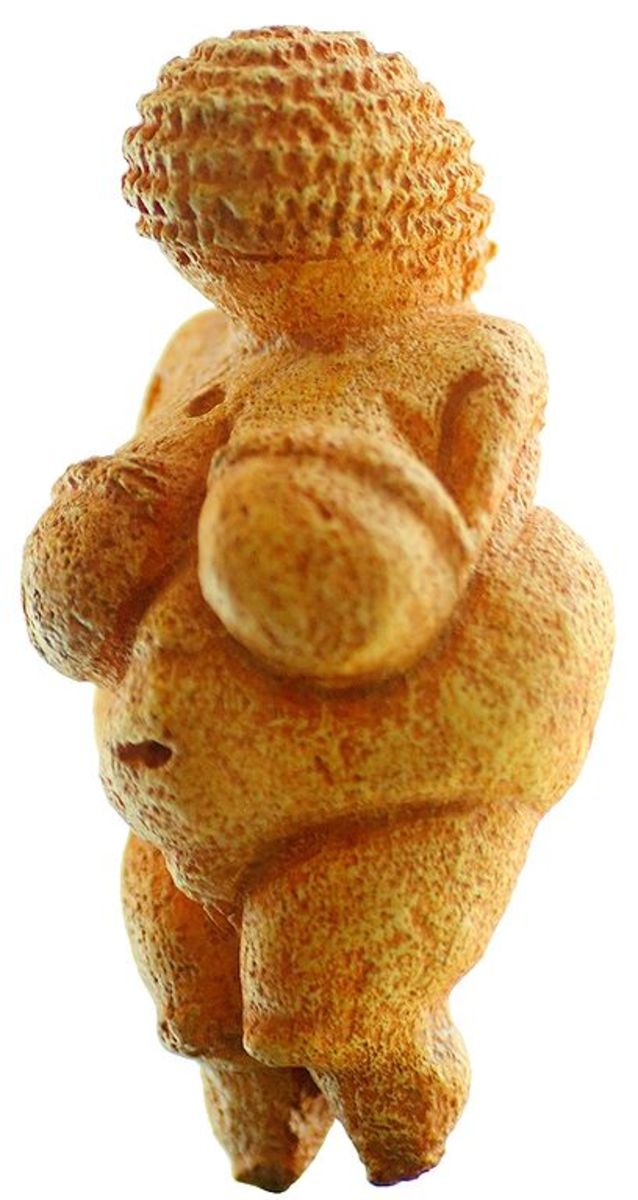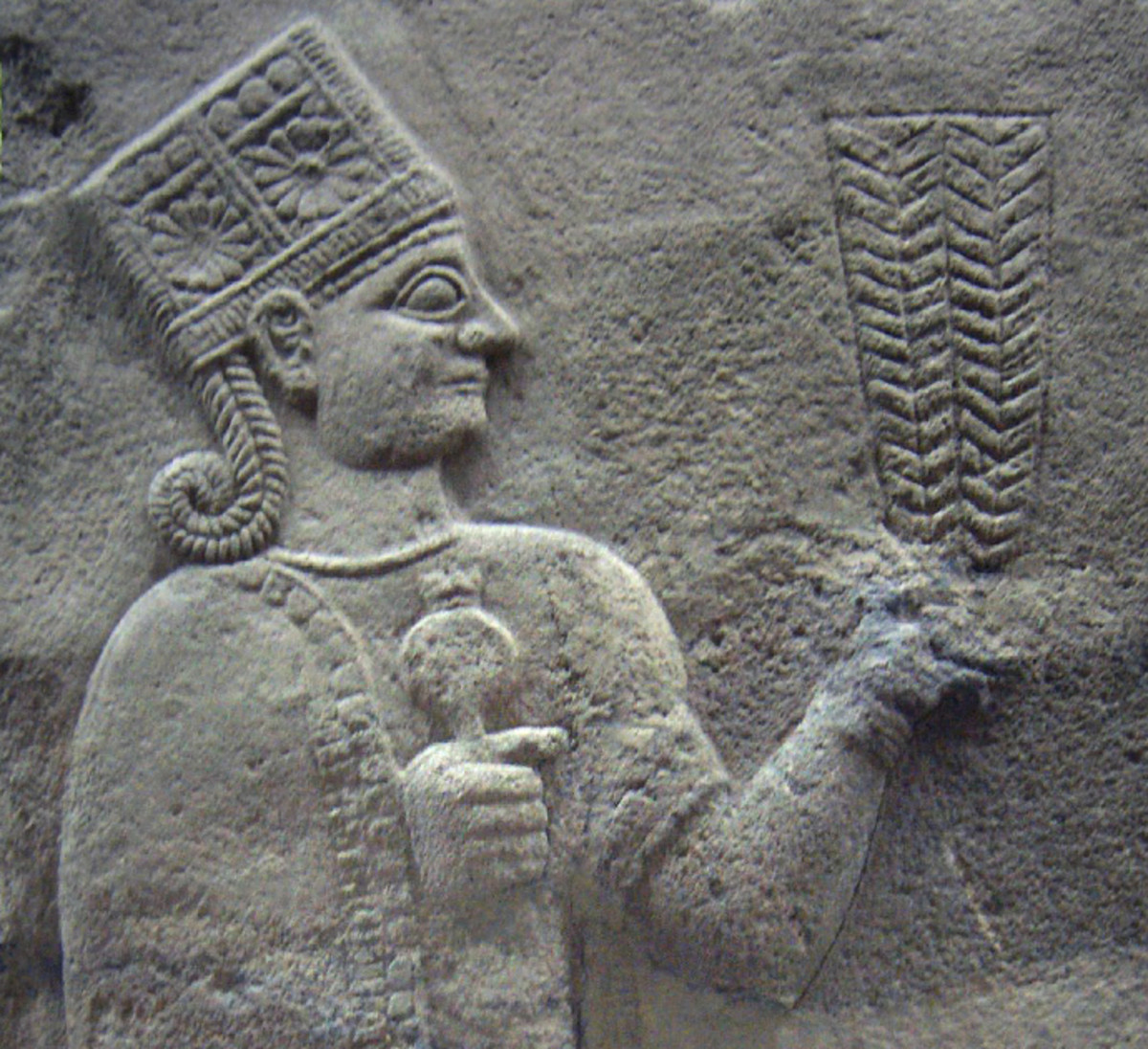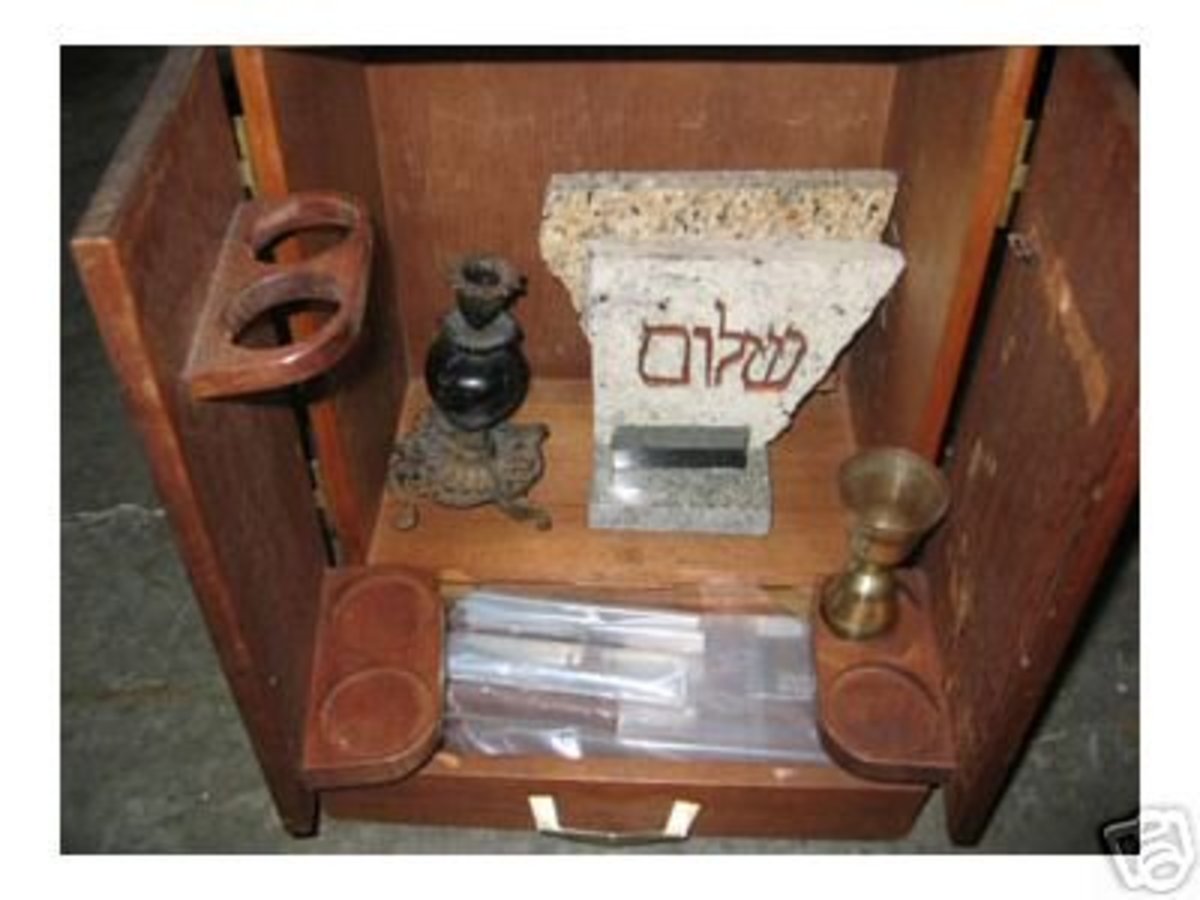The Twin God and Goddess: Apollo and Artemis of Ancient Greek Mythology
Apollo and Artemis
Apollo and Artemis are gods that are well-known in the Classic Greek mythology of ancient times. Apollo is the God of the Sun, God of Archery, Music, Prophesy, healing, and youth. Apollo is portrayed as youthful, handsome, strong, and with golden hair that is quite impressive. Artemis is known for being the Goddess of the Moon, twin sister of Apollo, daughter of the god Zeus, and the daughter of the nymph Leto. Artemis is the Goddess of the Hunt, protector of expectant mothers and the young.
There are many stories and myths about Apollo and Artemis, for example: when their mother, Leto was about to give birth to them, she had to find a place where she could give birth, as Hera, the wife of Zeus, was very jealous and had sent a serpent to vex Leto to prevent her from finding a place to give birth to her children, Apollo and Artemis. Leto finally found a place where she took refuge, which was on an island called Ortygia (an island of her sister, Asteria), and gave birth to her daughter, Artemis. In some stories of the myths about Apollo and Artemis, newborn Artemis helps her mother give birth to her brother, Apollo, after nine days of labor until Apollo is delivered.
Apollo and Artemis are members of "The Twelve Gods of Olympus", in Greek Mythology.
Artemis and Apollo
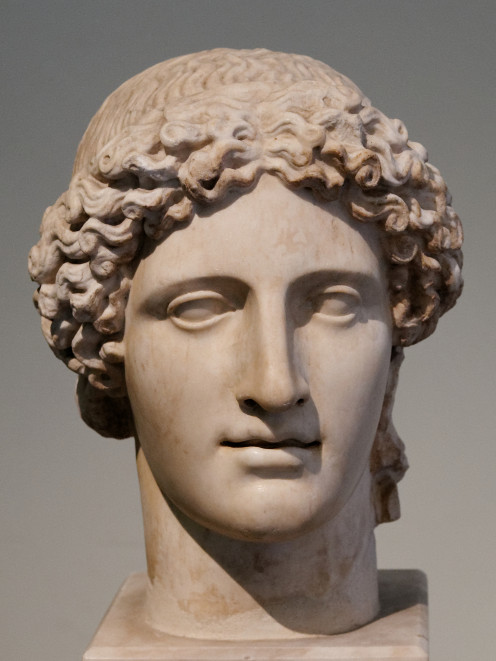
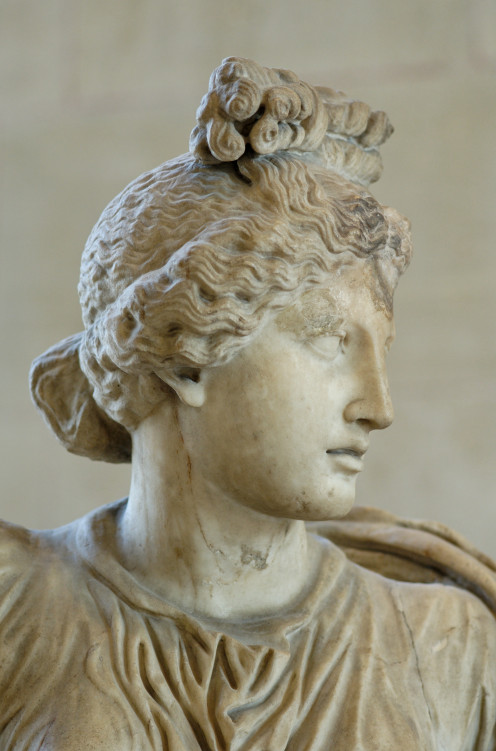
Apollo, Artemis, and Leto
Apollo and Artemis cherished their mother for having gone through the ordeal that she went through. They protected their mother, Leto, when the giant, Tityus, tried to rape her in a sacred grove near Delphi, by showering him with arrows and instantly killing him, after their mother called out their names. They had quickly rescued their mother from the giant.
Leto's aunt, Themis, took care of the young gods and nourished them with ambrosia and nectar--the food and drink of the gods. Apollo and Artemis remained close to each other, both were skilled in archery and loved to hunt together. Apollo and Artemis, both, had powers to send plagues down on mortals. In ancient Troy and the Greek Islands, Apollo was known and worshipped as a "Mouse Daemon". If Apollo was in a bad mood, mice would invade, transmitting plague to a place. If Apollo was in a good mood, he destroyed all of the mice.
Apollo and Artemis
Apollo and Artemis are famous for being the son and daughter of the god Zeus and the nymph Leto. Apollo is the god of light (the God of the Sun), and Artemis is the Goddess of the Moon, and Goddess of the Hunt. Apollo is also the god of music, youth, prophesy, healing, and archery. Artemis is the protector of expectant mothers and young children.
Apollo's sacred animals are: the wolf, the raven, and the lizard, while the sacred animals of Artemis are: the snake, the bear, and the deer.
Artemis asked her father, Zeus, for eternal virginity, which he granted to her. He granted all of her wishes, and much more to her when she was only three years old, while she was sat upon her father's knee. She asked for bow and arrows that were just like her brother, Apollo's.
Artemis had dark colored hair, while Apollo had golden hair. Artemis has a golden chariot with four golden-horned deer, and dogs, which join her in the hunt. In Greek mythology, Artemis never marries. Apollo is some sources, has never married, either, but he has had many love affairs with goddesses, nymphs, and mortals. He has children, as well.
Zeus, Leto, Apollo, and Artemis
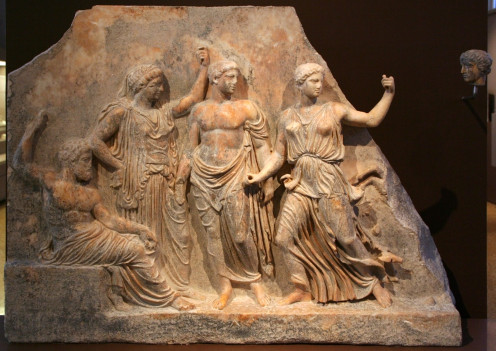
The Twelve Gods of Olympus
Myth
A myth is a traditional story, usually about ancient supernatural beings, such as gods and heroes to serve as a fundamental belief to a people, and to explain the aspects of nature that surrounded them. A myth is a fictional story, especially when dealing with gods and heroes. Even though, Apollo and Artemis are a fictional god and goddess--they're still beautiful. It makes you wonder how the ancient Greeks got the idea of how the gods and goddesses were supposed to look like when the gods weren't even real. It would be something if they were real and were still living on Mount Olympus. They would have to be in a form that no one would ever be able to see.


